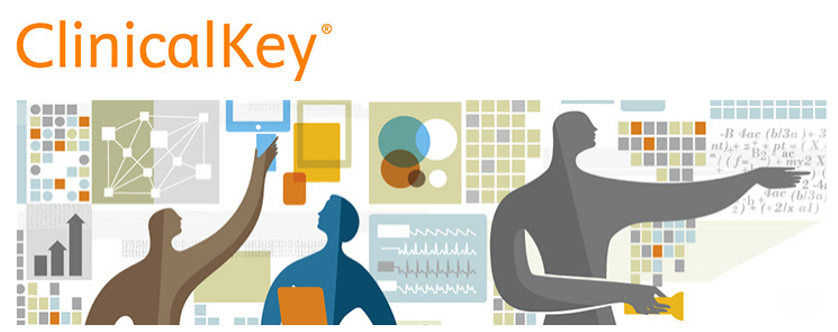 While evidence has suggested that this is true, the first study identifying specific genetic factors that exist in women with preterm deliveries was just published in the New England Journal of Medicine. This study used data from nearly 50,000 women and identified specific genetic variations which can predict length of gestation and risk of preterm birth.
While evidence has suggested that this is true, the first study identifying specific genetic factors that exist in women with preterm deliveries was just published in the New England Journal of Medicine. This study used data from nearly 50,000 women and identified specific genetic variations which can predict length of gestation and risk of preterm birth.
-
Genetic Associations with Gestational Duration and Spontaneous Preterm BirthZhang, G., Feenstra, B., Bacelis, J., Liu, X., Muglia, L. M., Juodakis, J., ... & Hinds, D. A. (2017). Genetic Associations with Gestational Duration and Spontaneous Preterm Birth. New England Journal of Medicine.
Image citation: Ricciardi, R. (2013). Human genome [online image]. Available at: https://www.flickr.com/photos/ricricciardi/11622986115





